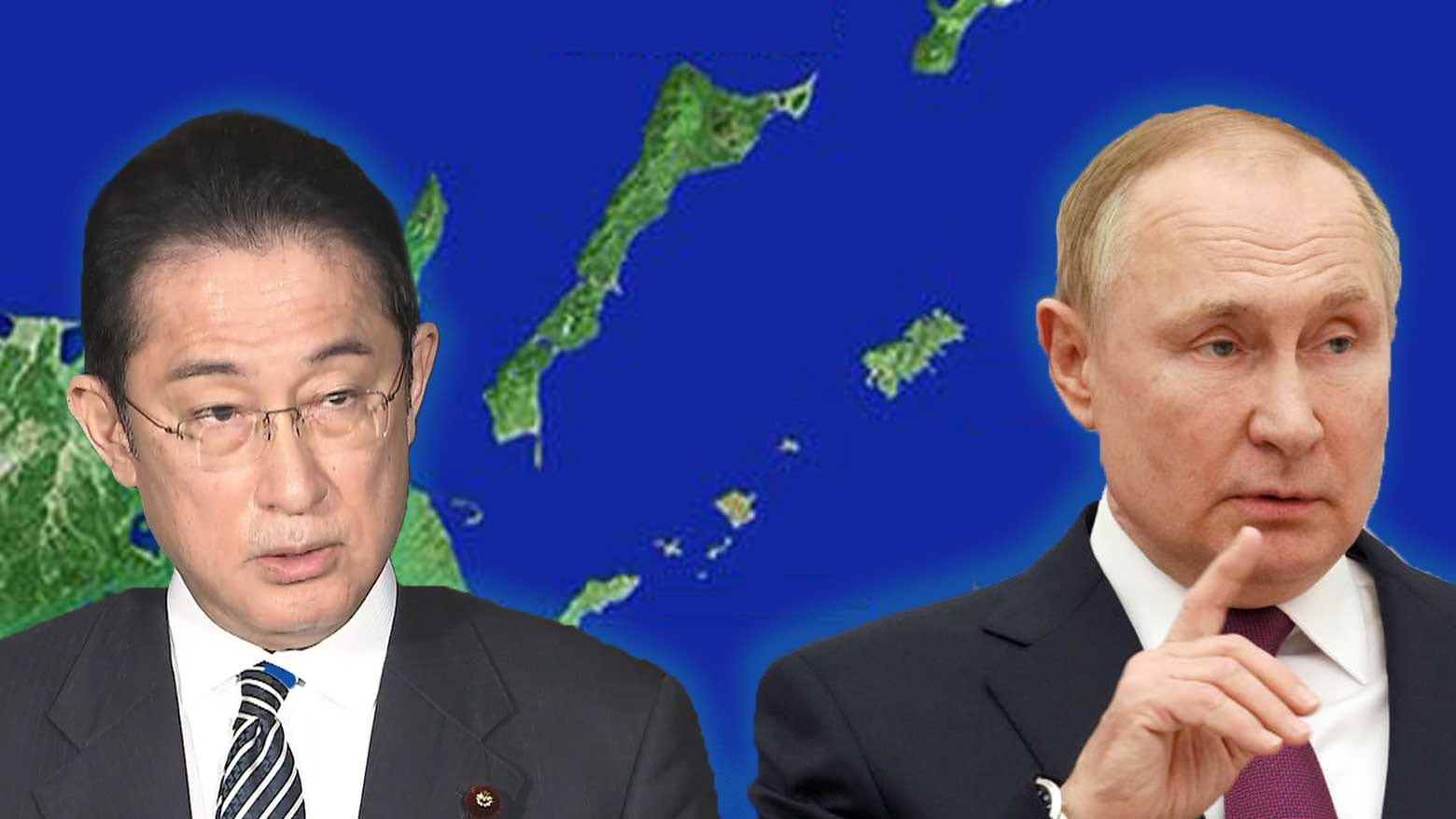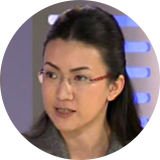Russia's Foreign Ministry issued a statement on March 21.
"Under the current conditions, the Russian Federation does not intend to continue peace treaty talks with Japan," it reads. "It is impossible to discuss a fundamental document on bilateral relations with a state that holds an explicitly unfriendly position."
The move followed Japanese Prime Minister Kishida Fumio's decision to impose a new set of sanctions on Russia. The measure is in line with other Group of Seven countries.
Japan has revoked Russia's "most favored nation" trade status, with Tokyo set to raise tariffs on Russian products.
Decades of negotiation
Diplomatic talks have been ongoing for decades. The negotiations for a peace treaty to officially terminate a state of war date back to 1956, when Russia and Japan signed the Japan-Soviet Joint Declaration.
The territorial dispute over islands off the northeast coast of Hokkaido remains a sticking point.
Russia controls the islands. Japan claims them. The Japanese government maintains the islands are an inherent part of Japan's territory. It says the islands were illegally occupied after World War Two.
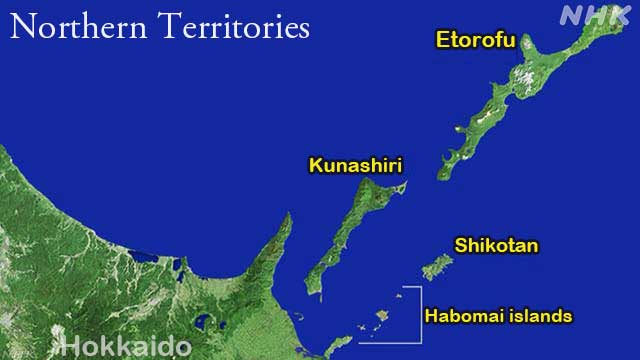
According to the Japanese government, about 17,000 Japanese lived on the islands before the Soviet Union occupied them in 1945. The Soviet Union ordered Japanese residents to leave by 1948.
The two counties have agreed to resolve the issue of "the attribution of the Four Northern Islands" — and to conclude a peace treaty.
In 2016, then-Prime Minister Abe Shinzo and Russian President Vladimir Putin agreed on joint economic activities, including tourism projects, on the islands.
A visa-free visit program for Japanese and Russian islanders was expanded, and the Russian government allowed more Japanese former residents to visit their ancestors' graves.
Those developments are now on hold, with Moscow claiming Tokyo bears all responsibility for the breakdown in bilateral cooperation.
The Russian foreign ministry has announced:
- Russia does not intend to continue peace treaty talks with Japan.
- Russia will withdraw from dialogue with Japan on joint economic activities on four of the disputed islands.
- Russia will suspend visa-free visits for Japanese citizens.
- Japanese former residents are no longer permitted to visit their relatives' graves.
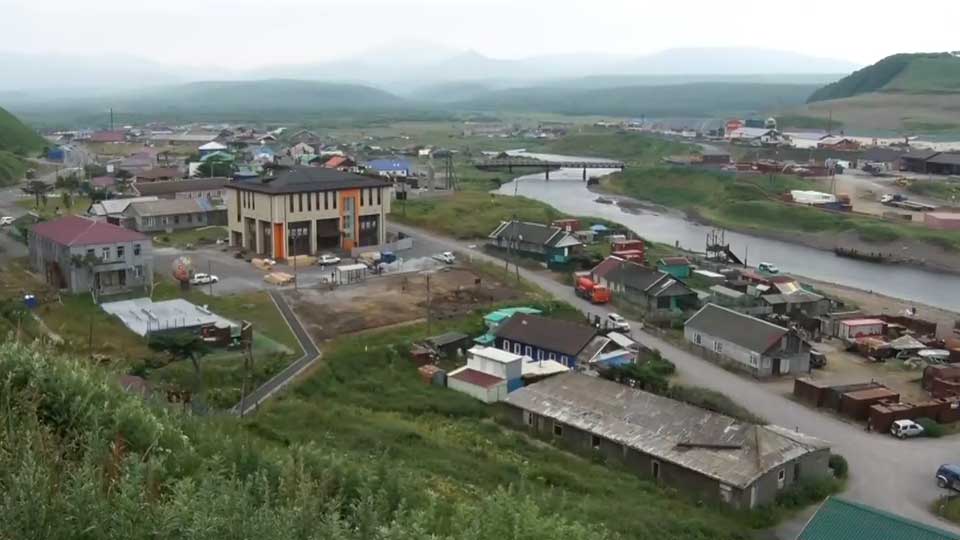
Japan protests
Prime Minister Kishida has protested to Russia over its "unacceptable" approach.
"The current situation is the result of Russian aggression, and it is extremely unjust to shift the blame for the consequences onto Japan-Russian relations," Kishida told a Diet committee.
Foreign Minister Hayashi Yoshimasa said the government would continue to address the wishes of the elderly former islanders. "But in light of the current situation, we can't posit about the prospects for negotiations," he told a news conference.
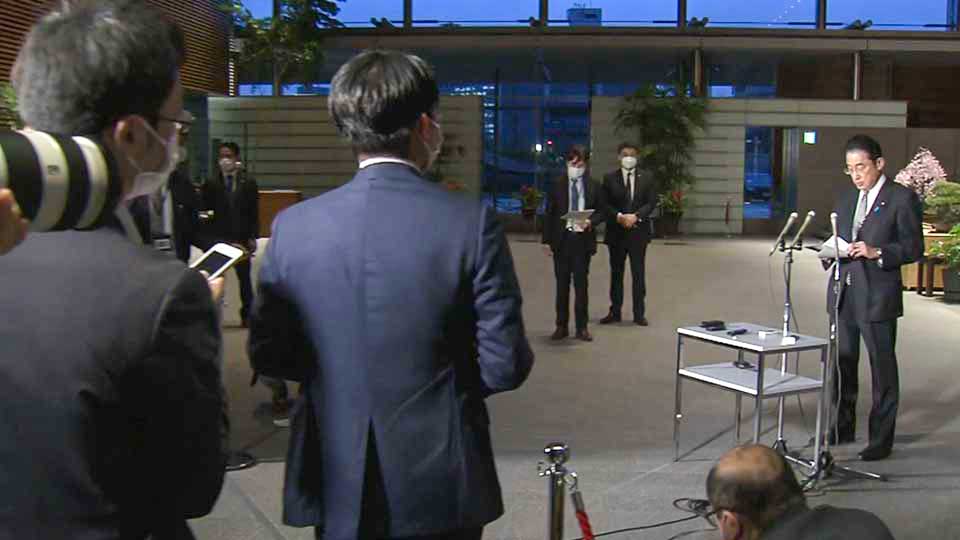
Former residents disappointed
The return of what Japan calls the Northern Territories is an ardent wish of people who lived there before the Soviet Union's occupation.
"All the former residents of the islands who have been campaigning for the return of the islands are in a state of shock," Habomai Island-born Tsunoka Yasuji told NHK in the city of Nemuro, Hokkaido.
"We are back to the beginning 77 years since the end of the war. We are all worried that we will have to start from scratch all over again."
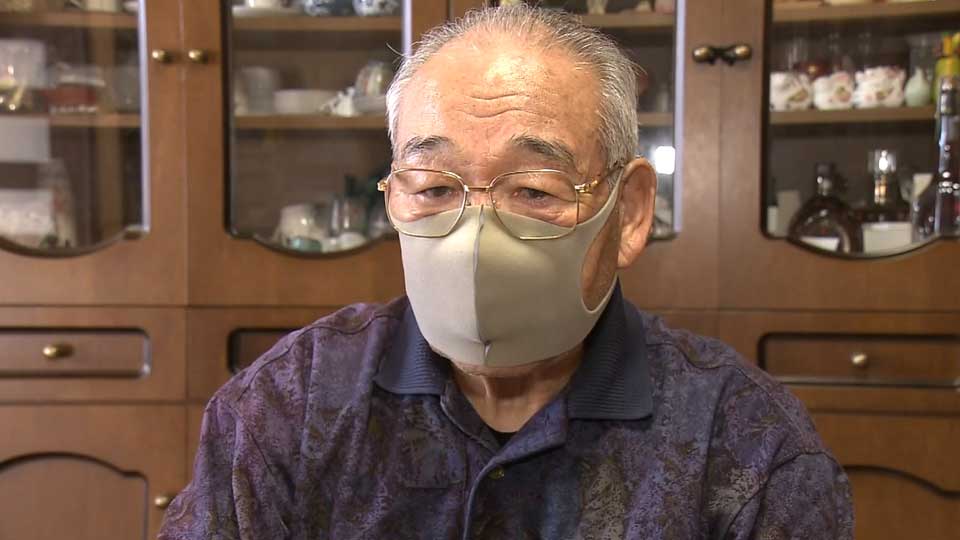
Another former resident, 81-year-old Fukuzawa Hideo, says he is disappointed that Russia is suspending visa-free visits.
He says a Soviet soldier pointed a gun at his head when they invaded in 1945. "I used to hate the Russians," says Fukuzawa. But the granting of visa-free visits changed his mind.
Fukuzawa has made 16 visa-free trips, even hosting Russian visitors at his home.
"I came to understand their ways of thinking," he explains. "I'm so disappointed to think that we're back to square one."
